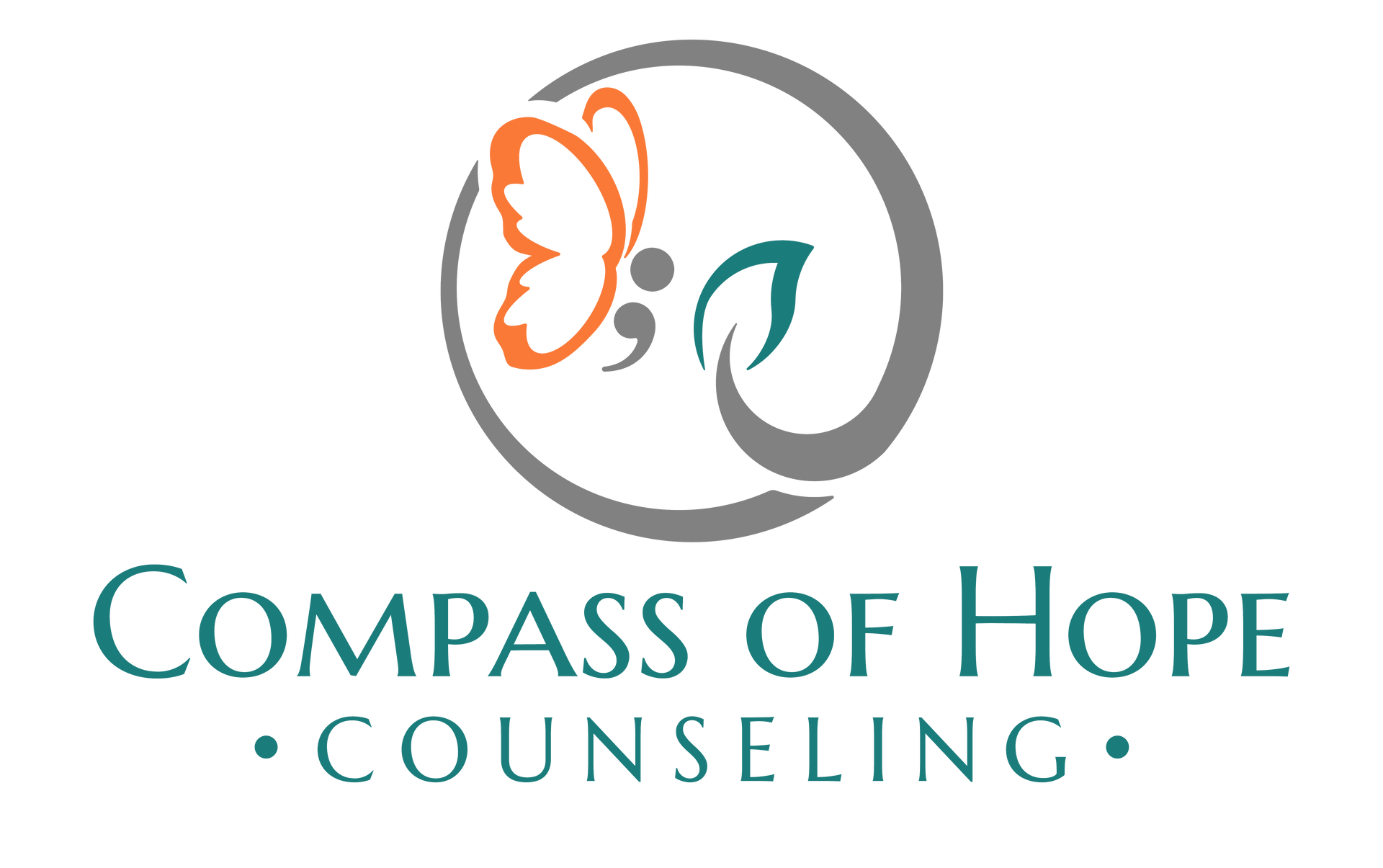Finding Hope: A Closer Look at Eating Disorders
Finding Hope: A Closer Look at Eating Disorders

In the journey toward holistic wellness, understanding the intricacies of mental health is paramount. Eating disorders, as complex mental health conditions, affect millions worldwide, transcending age, gender, and background. At Compass of Hope, we're committed to shedding light on this critical issue, offering insights into its nature, manifestations, and the healing paths available.
Understanding Eating Disorders: More Than Just Food
Eating disorders are complex conditions that weave together physical health, mental well-being, and emotional turmoil. They're not just about food or weight but involve deep-seated issues with self-image and control.
Spotting the Signs: What to Look Out For
- Anorexia Nervosa: This disorder often involves an intense fear of gaining weight, leading to drastic food restriction. You might notice someone:
- Skipping meals or making excuses not to eat
- Obsessively counting calories or weighing food
- Engaging in excessive exercise, regardless of weather or health
- Showing a strong denial of hunger or fear of eating in public
- Bulimia Nervosa: Characterized by cycles of bingeing and purging, bulimia can be harder to spot. Signs include:
- Disappearing right after meals (often to vomit)
- Using laxatives, diuretics, or enemas excessively
- Having a preoccupation with body shape and weight
- Showing signs of binge eating, like hoarding food or eating in secret
- Binge Eating Disorder: This involves regular episodes of eating large amounts of food, followed by feelings of shame or distress. Indicators are:
- Eating much more rapidly than normal
- Eating until uncomfortably full, even when not hungry
- Feeling disgusted, depressed, or very guilty after overeating
Prevalence and Impact:
Eating disorders affect at least 9% of the global population, with a significant portion not seeking or receiving treatment. They have the highest mortality rate of any mental illness, yet recovery is possible with timely and appropriate intervention.
Treatments Available:
Treatment plans are tailored to individual needs, often involving a combination of psychotherapy, nutritional counseling, and medical monitoring. Approaches may include:
- Cognitive Behavioral Therapy (CBT) for addressing distorted body image and unhealthy eating patterns.
- Family-Based Therapy (FBT), particularly effective in adolescents, involving family members in the recovery process.
- Medication, such as antidepressants, may be prescribed to treat co-occurring issues like anxiety or depression.
Improving Mental Health to Aid Recovery:
Strategies for enhancing mental health are crucial in the battle against eating disorders. These include:
- Developing healthy coping mechanisms for stress and emotional distress.
- Cultivating a positive body image and challenging societal beauty standards.
- Engaging in activities that promote mindfulness and self-compassion.
The Journey to Recovery: Steps to Take
- Acknowledgment: The first step is recognizing there's a problem that goes beyond normal eating challenges.
- Seek Support: Reach out to a trusted friend, family member, or a professional at places like Compass of Hope. You're not meant to fight this alone.
- Professional Help: Treatment might include therapy to address underlying emotional issues, nutritional counseling to rebuild healthy eating habits, and sometimes medication for co-occurring conditions.
- Self-Care: Engage in activities that make you feel good about yourself, unrelated to weight or food.
- Community: Consider joining a support group where you can share experiences and strategies with others who understand what you're going through.
Remember, recovery is a journey, not a race. Every step forward is progress, and we're here to support you each step of the way.










